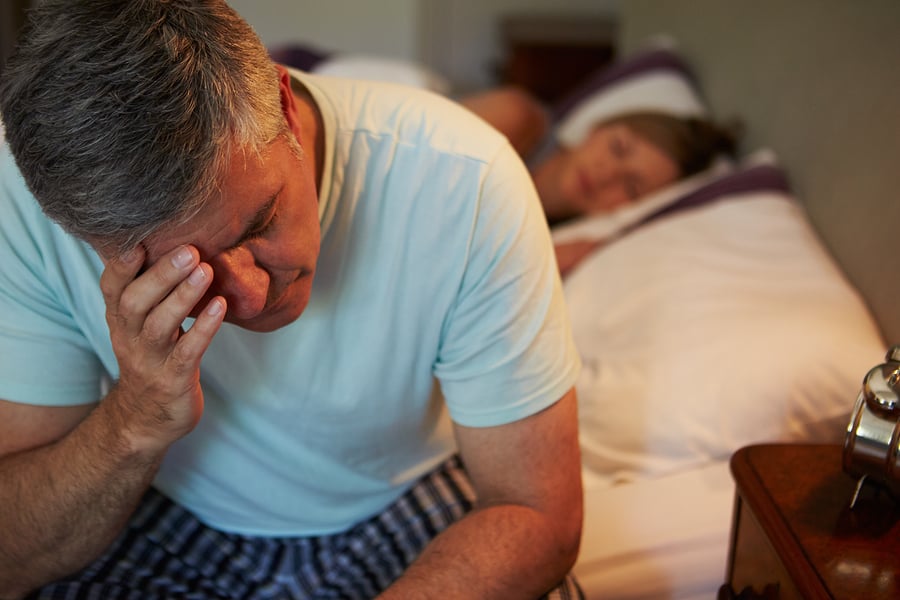Tackling insomina
If you suffer – or have ever suffered – from insomnia, you’ll know how a lack of sleep can affect your every waking moment.
Not getting enough rest at night can adversely affect not only your mental health, but your physical health as well.
For many insomnia sufferers, getting to sleep can seem like a giant hurdle. Yet by implementing a few new elements into your routine, you could go some way towards alleviating the condition. Here are a few of the things you can do to tackle insomnia.
Have a strict bedtime
Pick a bedtime – and stick to it. Conditioning your body to expect rest at a certain time means sleep may comes easier to you. This can be difficult to do if you work shifts, but if you have a regular 9-5 job, having a regular bedtime is the first step towards combatting insomnia.
Examine your bed and mattress
Perhaps the reason you’re finding it hard to sleep is because of what you’re sleeping on. Remove your mattress and take a look at your bed frame. If it’s got a broken or rickety base, think about replacing it. Similarly, if your mattress is too soft or old, upgrade it for a firmer model. This might be enough to get you on the road to sleep again.
Sleep alone
If you live with a spouse or partner, this may be a sensitive subject. But sleeping alone means that you won’t be disturbed by the movements of someone else in your bed. Consider sleeping by yourself until your sleep rhythms have gone back to normal, and banish any pets or small children from your bed too.
Change your diet
Keep a food and sleep diary for a week; at the end of the week, take a look over your recordings. You might find that there’s a correlation between the days your diet is poor and the nights you sleep the least. Caffeine and alcohol can be overstimulating, so try cutting these out of your diet and see how it affects your sleep. If you can’t do without your morning cup of tea or coffee, make sure you stick to just one and never drink a caffeinated beverage after 6pm.
Stop smoking
Smoking had been shown to adversely affect sleep. So if you quit, you may see a significant upturn in the quality of the rest you get at night.
Deal with anxieties before going to bed
Anxiety and general worrying is one of the main contributors to a poor night’s sleep. So if you’ve got something on your mind, try and deal with it before you go to bed. Simply writing down your worries could help, even if you don’t find a solution.
If you find that you can’t control your anxiety, make an appointment with a cognitive behavioural therapist. Cognitive behavioural therapy (CBT) has helped many people overcome insomnia by teaching them how to break cycles of negative thought and, in doing so, ease anxiety. So if this is the biggest cause of your sleepless nights, CBT may be the way to go.
Have you ever struggled with insomnia?
Disclaimer
All content on Silversurfers.com is provided for general information only, and should not be treated at all as a substitute for the medical advice of your own doctor or any other health care professional. Silversurfers will not be responsible or liable for any diagnosis made by a user based on the content on www.silversurfers.com and we are also not liable for the content of any external websites or links from or to Silversurfers to any other websites. Please always consult your own doctor if you’re in any way concerned about any aspect of your health.
Rachel - Silversurfers Assistant Editor
Latest posts by Rachel - Silversurfers Assistant Editor (see all)
- Graham Norton’s funniest interviews - April 2, 2024
- Chocolate dipped strawberries for Easter - March 28, 2024
- Elton John’s Greatest Hits Playlist - March 24, 2024
- The best of Diana Ross - March 23, 2024
- Easter activities for grandchildren - March 23, 2024





















